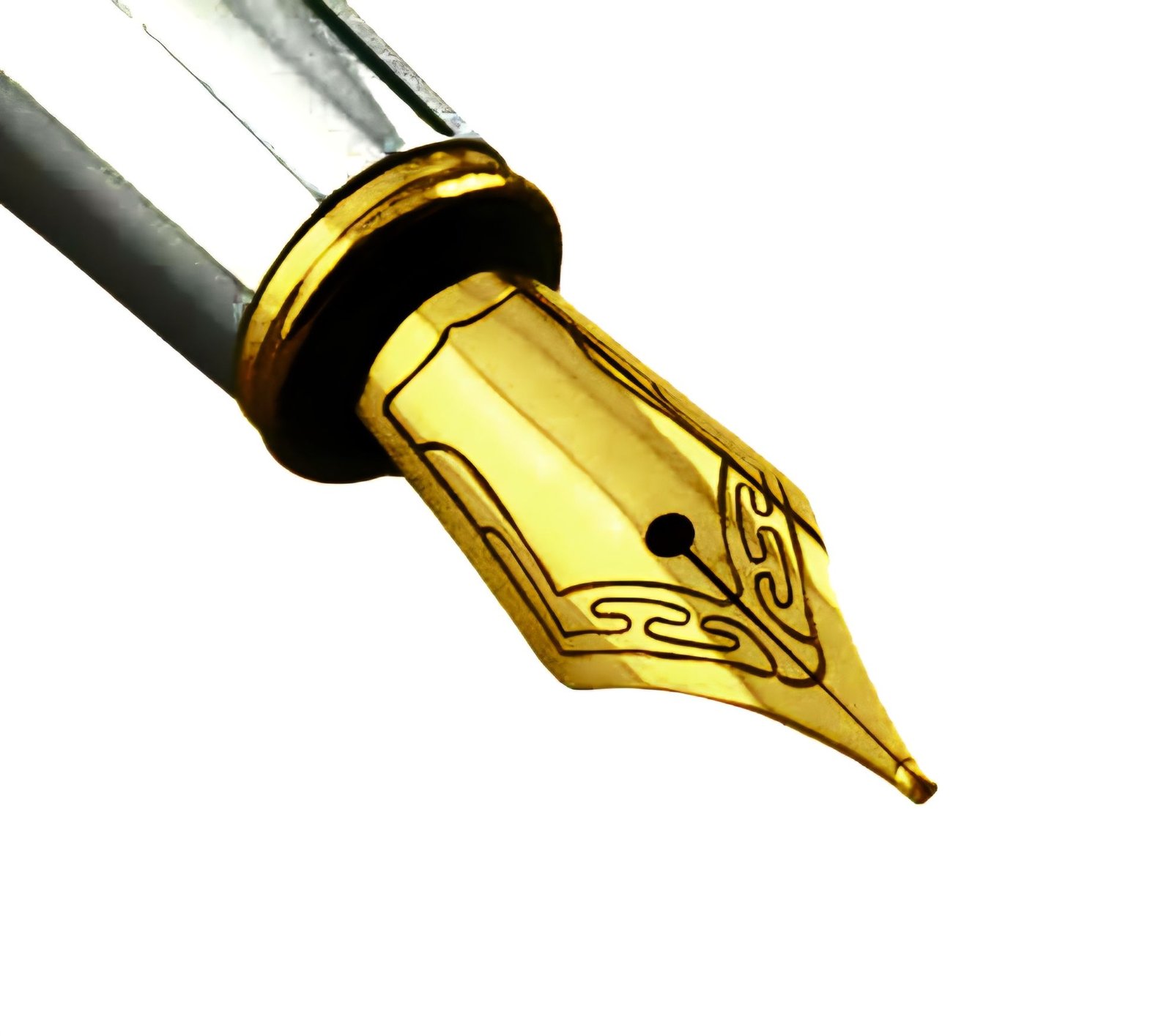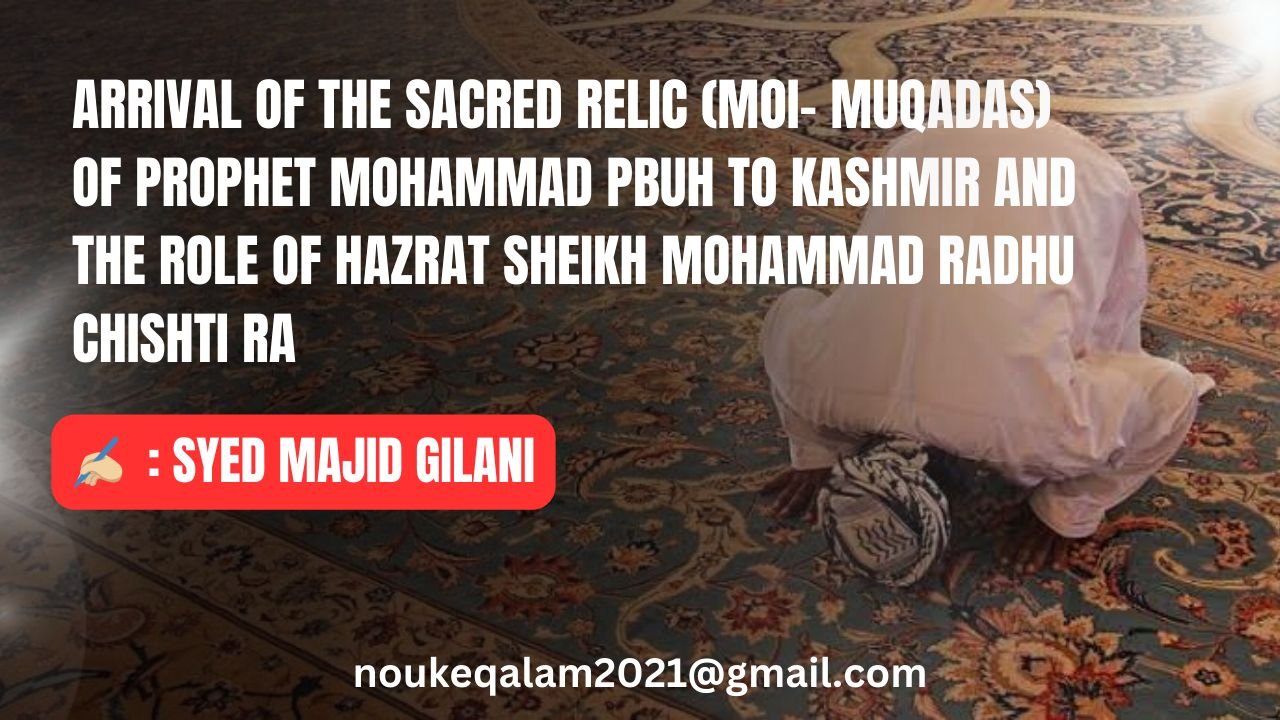Every year, 13th July is solemnly observed as Martyrs’ Day in Jammu and Kashmir to pay homage to the 22 brave souls who laid down their lives in 1931 while resisting the oppressive Dogra regime. These were ordinary men who rose against extraordinary tyranny. Their martyrdom was not in vain—it marked the beginning of political consciousness, societal awakening, and the long march toward democracy in Jammu and Kashmir.
The events of that day unfolded outside the Central Jail in Srinagar, where a crowd had assembled to witness the trial of Abdul Qadeer, who had voiced dissent against autocratic rule. As the gathering demanded justice, Dogra forces opened fire, killing 22 innocent protestors. Their blood stained not only the jail compound but also the pages of Kashmir’s history—awakening a silenced population and galvanizing a people’s movement for civil and political rights.
This watershed moment in Kashmir’s history set the stage for the emergence of political formations, public participation, and the call for responsible governance. It marked the beginning of the end of a despotic regime and ignited a flame that would inspire generations to strive for dignity, identity, and democracy.
Over the decades, however, the narrative around 13th July has been subjected to political distortion and deliberate controversy. Attempts have been made to communalize or discredit the sacrifice of these martyrs by branding them as symbols of a particular group or ideology. Nothing could be farther from the truth. The 1931 martyrs were the voice of the voiceless—a symbol of collective suffering and collective hope. Their legacy should unite, not divide.
Amidst this, the National Conference (NC)—a party once trusted with an absolute majority—has miserably failed to represent the emotions and aspirations of the people of Jammu and Kashmir. Instead of standing up for the people’s sentiments and historical legacy, it appears engaged in cosmetic displays meant to please certain quarters, seemingly more concerned about preserving protocols and perks than protecting public trust. Its recent 9-month stint in power stands out as a glaring example of political failure, public humiliation, and betrayal of mandate. The disconnect between the party’s actions and the sacrifices made by the martyrs is too stark to ignore.
In recent years—especially since 5th August 2019, after the abrogation of the special status of Jammu and Kashmir—the role of the central government has further complicated the issue. Instead of allowing space for remembrance and reflection, the government has adopted a policy of silencing political expression. Kashmir-centric parties are routinely denied permission to visit the Martyrs’ Graveyard. Leaders are placed under house arrest or restricted from holding commemorative events. Ironically, a day that symbolizes the dawn of democratic rights is now marked by enforced silence and repression.
In this backdrop, it becomes imperative that all political parties, irrespective of ideology, rise above their differences and come together to defend the symbol of honour and dignity that 13th July represents. Much politics has already been played over this historic day. Now is the time for introspection—a time to seriously reflect on the mistakes and blunders of the past, and more importantly, to undo those wrongs and set the historical record straight. Unity in upholding this legacy is the least we owe to the martyrs who died dreaming of a just and equal society.
Remembering the martyrs of 1931 is not a favour to history—it is a responsibility toward our future. Their blood reminds us that justice delayed is dangerous, and dignity denied is disastrous. Their sacrifice must guide our steps, not be erased from our memory.
The author is a former trade union leader, writer, and TV debater, currently associated with the PDP. He can be reached at mrafiqr65@gmail.com






